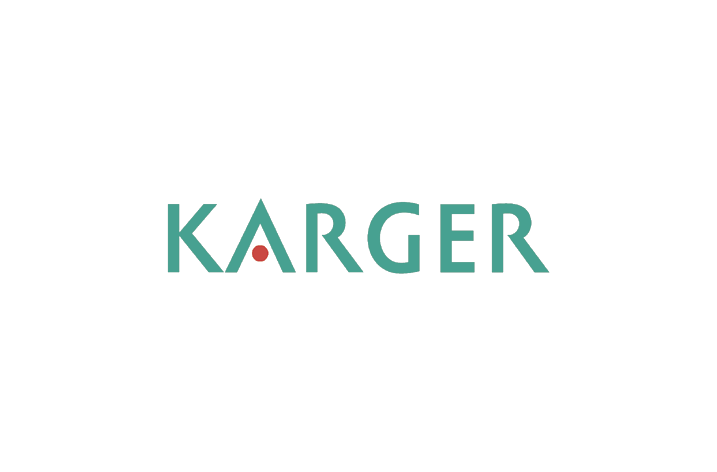
The future of science is “open,” and Karger Publishers supports Open Access (OA) and the broader concepts of Open Research espoused by various organizations and funding bodies.
The Switzerland-based company is actively taking steps to advance OA and Open Research, also known as Open Science, in response to the needs and wishes of research institutions, libraries, authors, funders, and other stakeholders. Embracing OA also demonstrates Karger’s recognition of the importance of early and effective communication of scientific knowledge.
Karger has already taken a number of steps to expand OA within its publishing house and also globally. One step is “flipping” journals (converting subscription journals to OA), starting with five journals for the upcoming publishing year and firm plans to flip more in the following years. Also, Karger is reaching agreements with library consortia that feature OA elements, some of which are “transformative” agreements aiming to increase the share of OA content and decrease subscription content over several years. These actions underpin a sustainable transition to OA.
These moves not only make an increasing number of publications freely accessible to the public and support Karger’s mission to connect and advance the health sciences, but they also aid authors in meeting their funder OA mandates. Starting in 2007 with the launch of its first OA journal, Karger has been helping authors to meet their OA obligations with fully OA journals, hybrid OA (individual OA articles in subscription journals), and Green OA (archiving in an OA repository).
Connecting and Advancing Health Sciences One of the funder mandates that has already generated a great deal of discussion in the publishing community is Plan S. It is a strict OA mandate from cOAlition S, a group of mostly European funders, which takes effect in 2021, according to an update issued on May 31. Authors receiving funding from one of these organizations must publish in journals or platforms that comply with a wide-ranging series of requirements, mostly relating to article access, but also touching on technical aspects and more. Plan S seeks to guarantee access to and reuse of scholarly articles but also poses some challenges for many, and not all stakeholders welcome it in all respects.
Importantly, Karger remains committed to helping authors comply with all funder mandates whenever possible and will update stakeholders on details regarding Plan S compliance before it takes effect in 2021. “Karger welcomes and aims to contribute to the exciting developments of Open Access and Open Research,” says Daniel Ebneter, CEO of Karger Publishers. “At the same time, Karger strives to respect and serve the needs, interests and wishes of all our stakeholders and we are constantly assessing how best to serve them. We will continue to observe the discussion around mandates such as Plan S closely and will adopt policies that are in the best interest of all our stakeholders.”





















